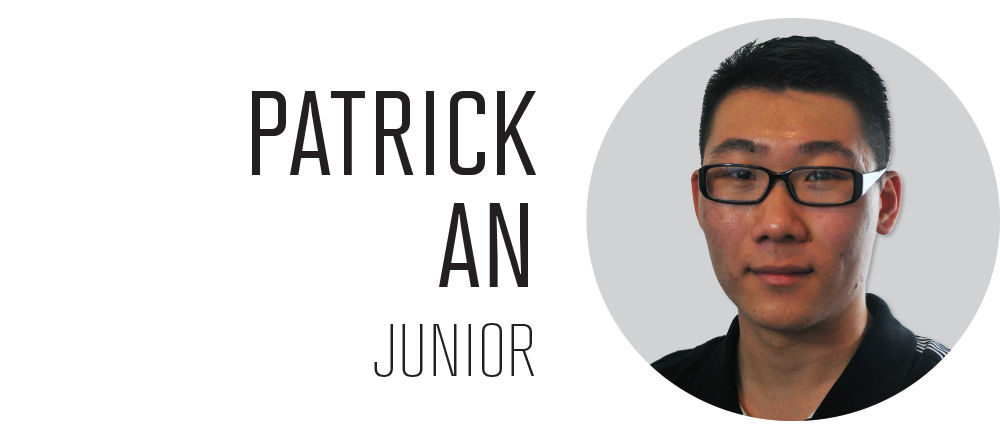
Junior biology major
In the past few years, debate about higher education’s value has increased. With students facing bleak job prospects and unstable markets, college education is being viewed as more of a luxury than the norm. This remains increasingly problematic, as a college education is still one of the most prominent demarcations of how society values people.
The consequences of this reality have already constructed a hierarchy in the field of academia in which some majors, such as those in the STEM field, are seen as more “valuable” than others, like those in English and the humanities, where our university has recently seen a precipitous drop in enrollment. When we continue to view knowledge as a priced commodity, however, our society faces the danger of compartmentalizing information as those worth learning and those not.
In a traditional university setting, scheduling conflicts limit class availability, and switching fields of study in the middle of college can incur even more costs. The restrictive class schedules necessary to fulfill major requirements force students to prioritize homework over real work that some might need to pay for their education or support their families.
Massive online open courses have the ability to break this vicious circle of traditional higher education. With companies that offer accredited university courses to be recorded and streamed, students still have the ability to learn from top-notch faculty; however, they can do it at their own pace and convenience and not be forced to choose between education and other vital responsibilities.
The significantly lower costs of taking an online course can even provide a college education to those who otherwise could not afford it. The widespread availability of prerecorded lectures in a variety of subjects can allow students, even those already enrolled in a university, to better explore and experience the entire gamut of fields of study before committing to one career path.
With sites like Khan Academy and Coursera now teaching material spanning from kindergarten to graduate school, we see that teachers don’t have to be confined to a specific demographic, time and place to do their jobs. Many students already know through experience that attending lecture is not the only way to succeed in a course. MOOCs, through short segmented lectures focusing on individual topics, provide students the opportunity to cater to their own strengths and weaknesses, making learning much more efficient.
It’s efficiency and accessibility that truly elevates MOOCs beyond the traditional education model. The relatively low stakes of taking an online course reinforces the notion that knowledge is its own reward and should not necessarily only be applied to finding a lucrative profession. By removing price from the equation, MOOCs additionally ensure all knowledge is equally important and equally priceless.
Centuries ago, Benjamin Franklin famously said “the only thing more expensive than education is ignorance,” but today, MOOCs provide an educational system to students so they don’t have to choose between the two.



